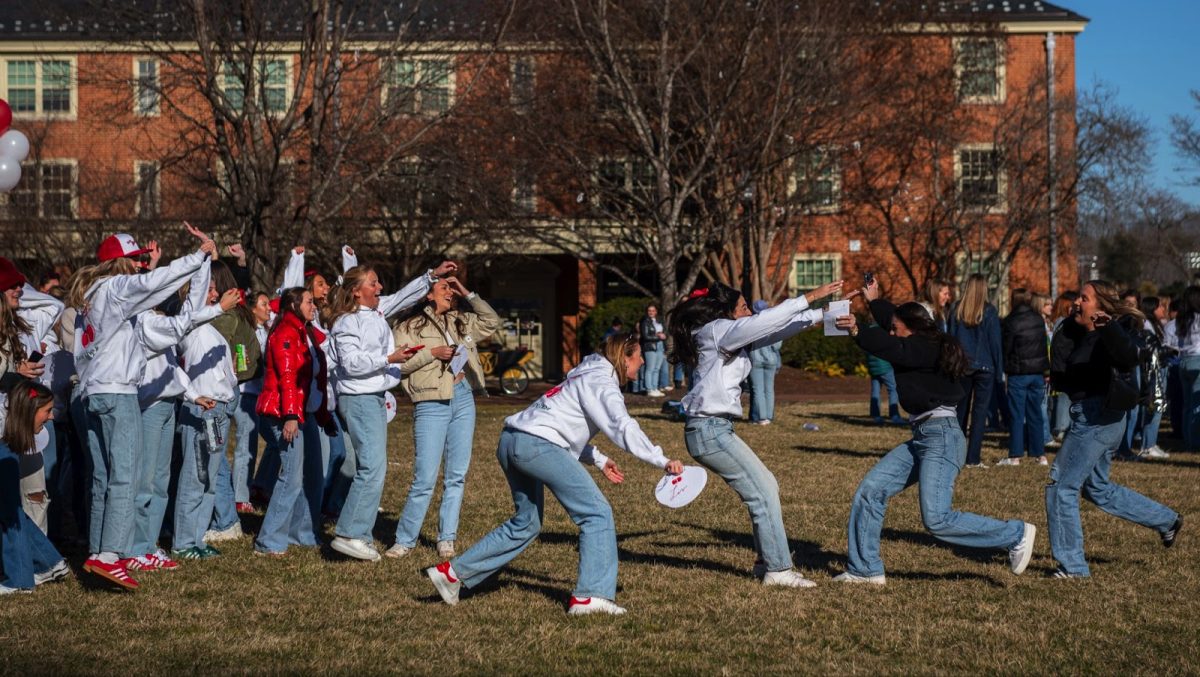If you discover a new song, it’ll play every time you turn on the radio.
Meet someone new, and you’ll suddenly cross paths with them everywhere. Learn a new slang term from your friends, and you’ll begin to hear it used constantly.
These encounters aren’t suddenly more frequent — that is the illusion.
The only thing that’s changed is your own awareness; a detail that’s always been in the background layer of everything perceived at any given time now unexpectedly stands out.
Sometimes, that thing doesn’t become detectable until you begin to dislike it, and then it’s unavoidable. And the more you come across it, the less you’ll want to.
This happened to me recently with a word I used occasionally. It had never bothered me until I thought about why it was used and what it meant.
The more I noticed it, however, the more cringe worthy it became.
On the individual level, it’s problematic, but it dissipates so quickly in most settings that it’s practically harmless. I absolutely don’t intend to criminalize those who use the word. But what does this kind of term indicate about the way we think and what we value as a society?
Yes, I’m taking a written stand against using a particular feline euphemism for a body part, and the rough-and-tough, masculine way it implies weakness in those who have one. Why? Because odds are, you’re like me and have never really considered whether you truly want to use the word this way.
Really, Natalie? Stop being such a …
Even when friends yell this word at each other or at football players on the television screen, the setting and context may make the usage seem harmless and difficult to confront — but the implications are bigger.
When we use gendered words to address behaviors we don’t like, we’re making a parallel statement about a gender.
Using this term to draw attention to perceived weakness and cowardice by extension implies that it is because those with this body part are weak and cowards.
This aligns historically with a norm associated with women. Terms that refer to male genitalia project a connotation that’s almost just the opposite, but they are also insulting and perpetuate and permit these stereotypes.
When this kind of language is acceptable, no one wins. And when we’re not conscious of our language, what are we perpetuating?
A quote popularly attributed to Betty White, which was most definitely not said by White (sorry — she doesn’t even want to claim it), says, “Why do people say ‘grow a pair?’ Balls are weak and sensitive. If you wanna be tough, grow a vagina. Those things can take a pounding.”
It’s a good point. Why do we associate the body part that has brought into the world some of its best and brightest with weakness? My initial reaction to this kind of joke is to pump my fist in the air and celebrate girl power; however, this solution isn’t right either because it still perpetuates a power dynamic between genders.
The solution is to stop using this kind of misogynistic language — or, at the very least, it is to think before you act.













